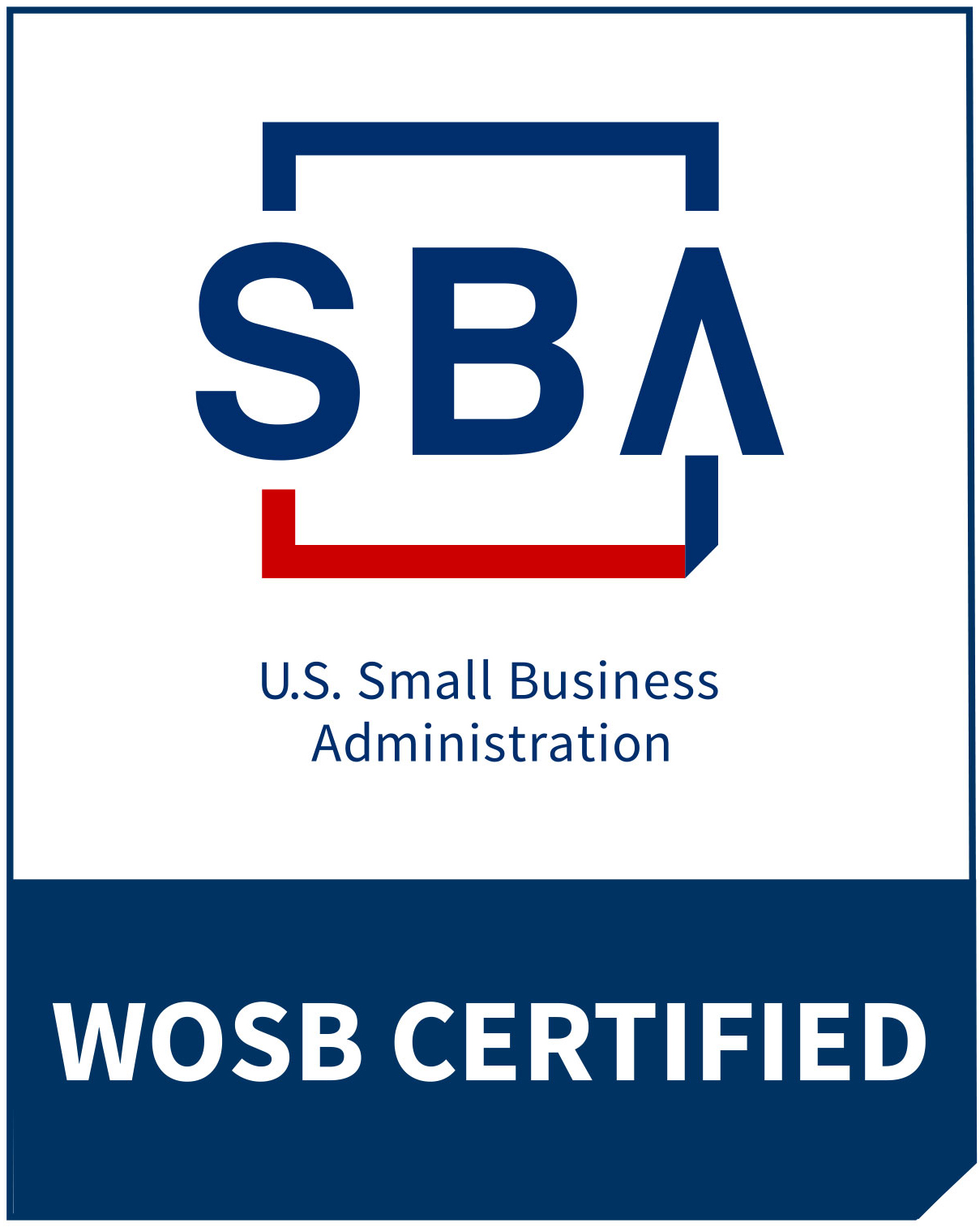“Don’t be the smartest person in the room.”
I love that, and I really try to embrace it in other areas, too. I also do not want to be the most successful person in the room.
Last night, I was not the best sailor in the room, the most accomplished sailor in the room, the most active sailor in the room, or the most anything sailor in the room. I was at an “Evening of Champions” hosted by our yacht club, and it was really impressive.
We celebrated a solo sailor who had raced across an ocean in a 21-foot boat, a woman who has won the U.S. match racing championship two years in a row, the first American to win a Pan-American Championship in his class in 24 years, a professional sailor who has been winning on the international pro circuit for three decades, and many others. And these were just accomplishments in the past year!

The triumphs were diverse, hard-earned, and impressive. I could not stop smiling, clapping, cheering, and, sometimes, even getting a little teary-eyed. The wheels in my head were spinning as I took in everyone around me and what they had accomplished.
Benefits
What are the benefits of surrounding yourself with people who are smart and successful?
- It is empowering and inspiring to see what can and has been done.
- It influences your mindset and helps you see yourself as smart and successful.
- It motivates you to be the best you can be.
- It encourages you to be in your growth zone.
- It expands your horizon to see what is possible.
From an organizational standpoint, celebrating successes has multiple benefits.
- It promotes a sense of unity and camaraderie, getting everyone on the same team.
- It cultivates a supportive community where individuals feel valued and acknowledged.
- It can lead to increased productivity as people are more likely to take risks and make an extra effort if they know it will be recognized.
- It raises the bar for the definitions of quality and success
How
How can you take advantage of this, personally and for your organization? Here are two recommendations we commonly make to our clients:
- Develop a rewards acknowledgement process. Behavioral psychology has shown that people respond to positive reinforcement more than negative consequences. Encourage the behavior that you want to see and the values that you want to reinforce. I first saw this at my father’s printing company when I was in high school. The union workers were given “Q” awards for catching typos on the press. The awards were nominated by the proofreaders, designers, and account executives who had originally missed the typos as a way of thanking them for making them all look good. It was not in the union worker’s job description, the awards were non-cash, and the acknowledgement encouraged them to support the entire company’s goal of delivering quality products. The entire process helped eliminate silos, to have different teams working toward a common goal.
- Surround yourself with accomplished peers. In your professional networking, make a point of “punching high” or “marrying up.” Seek out people who challenge you, who you admire, who you might even be a little bit intimidated by. You will be surprised to see how quickly you are adding to the conversation, contributing to the group, “upping your game,” and becoming more confident.



